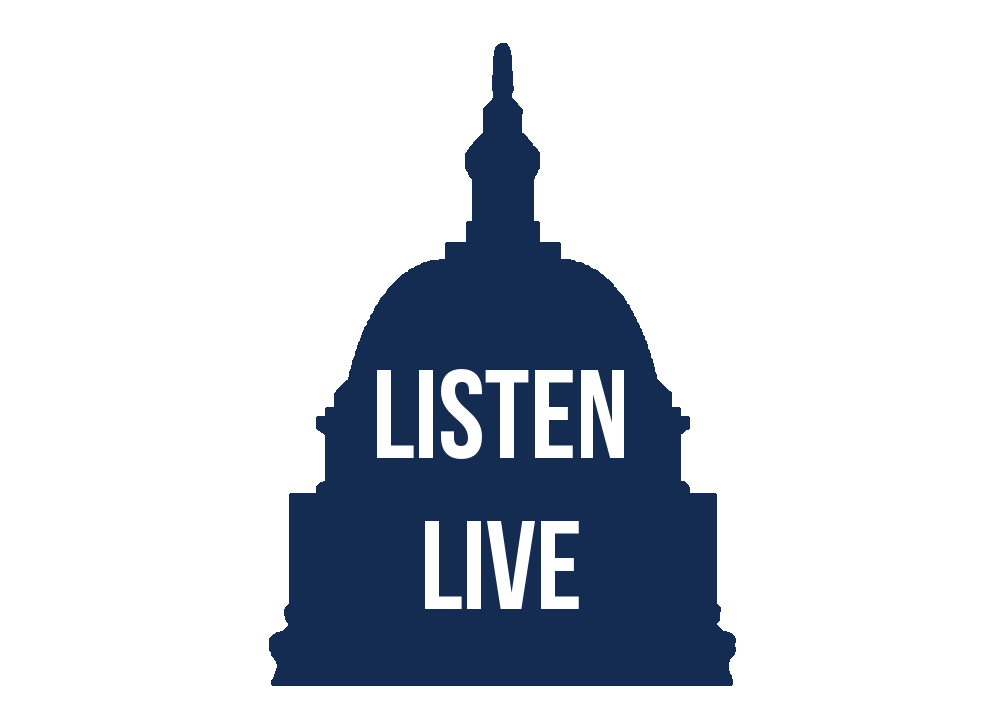Secretary of Defense Speaks at GW
- Nov 25, 2015
- 2 min read
DAVID LANGE//
United States Secretary of Defense Ashton Carter graced the stage of the Jack Morton Auditorium at the School of Media and Public Affairs (SMPA) last Monday to headline his bold, new plans for what he calls “The Force of the Future.”
The event was held just a few days after terrorists working with the Islamic State of Iraq and Syria struck several locations around Paris, killing 130 people and injuring hundreds more. Carter spoke to the seriousness of defeating ISIS, saying that “Americans have a long history of stepping in and stepping up,” and vowed to do everything in his power to bring stability to the wartorn region.
Secretary Carter explains his vision for the future of the American military as being about “staying the best with the best people,” and many of his proposed programs are about attracting smart talent to work for the Department of Defense. From opening new internship opportunities and getting the word out on college campuses about job opportunities, to broadening the availability of short-term leave programs at universities and companies for current employees to gain new insights that could improve the department.
Furthermore, Carter stressed that diversity and inclusion were among the Department of Defense’s greatest assets, citing the repeal of “Don’t Ask, Don’t Tell” and the current reevaluation of the department’s policy on transgender service members to be steps in the right direction. He also expounded on his commitment to changing the face of the department through trying to attract recruits from traditionally non-military families, starting a job satisfaction survey to improve occupational quality, and making more efficient use of taxpayer dollars.
Before departing, Carter stressed the need for increased technological innovation and modernization across the Department of Defense through using internet systems to match employees with teams and by “pushing the envelope with technological innovation” with new innovation hubs. He also discussed rebooting the retirement plan to make it more portable and easier to obtain.
Secretary Carter ended with an appeal to the audience, largely composed of George Washington University students, asking them to join in his “commitment to a better and brighter world.”



Comments